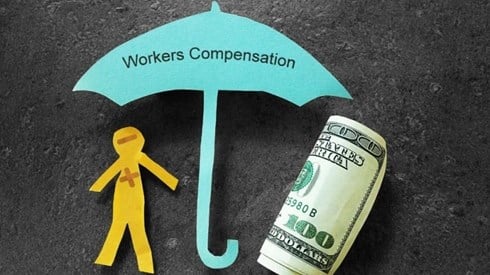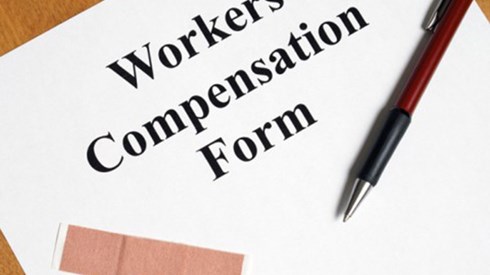Workers Compensation Profits Outperform Other Property-Casualty Lines

September 30, 2021

Workers compensation insurance continues to generate better underwriting profits than other lines of property-casualty insurance, according to a new report from A.M. Best.
The A.M. Best report "Workers' Compensation Still Outpacing Other Lines" said that workers compensation insurers' underwriting results remained strong in 2020, despite a 10 percent decline in net premiums written. The premium decline resulted from the substantial drop in payrolls during the second quarter of 2020 due to the COVID-19 pandemic, the rating agency said.
The workers compensation segment's 91.1 percent combined ratio was slightly higher than in 2019 but still well below the 100.0 percent break-even level, reflecting profitable underwriting, A.M. Best said. "Given the decline in premium, expense ratios rose, but the increase was nominal and did not overly dampen underwriting earnings," an A.M. Best statement said.
The rating agency noted that workers compensation insurers' premium volume was also constrained by rate decreases in most states. The report suggested that some workers compensation insurers are looking to develop new products and explore new markets in other coverage lines and are allowing the workers compensation top-line premium to decline in states where they generate significant premium.
Despite the reduction in the premium base, workers compensation insurers remained highly profitable in comparison with other property-casualty lines, A.M. Best said. "Workers compensation underwriters have benefited from a decline in lost-time claims frequency tied to efforts to improve workplace safety," the A.M. Best statement said. "Other factors that have benefited the line's profitability are the declines in fraud, workplace accidents, and defense costs."
A.M. Best said that its negative market segment outlook for the workers compensation segment reflects continued uncertainty about the effects of the COVID-19 pandemic from an economic and regulatory perspective as well as from a legislative perspective as states consider presumptive legislation stemming from the pandemic.
In addition, concerns remain around the prolonged low interest rate environment. "As a result, investment returns are expected to remain flat, and insurers may begin seeking riskier investments to generate higher yield," A.M. Best said.
September 30, 2021



